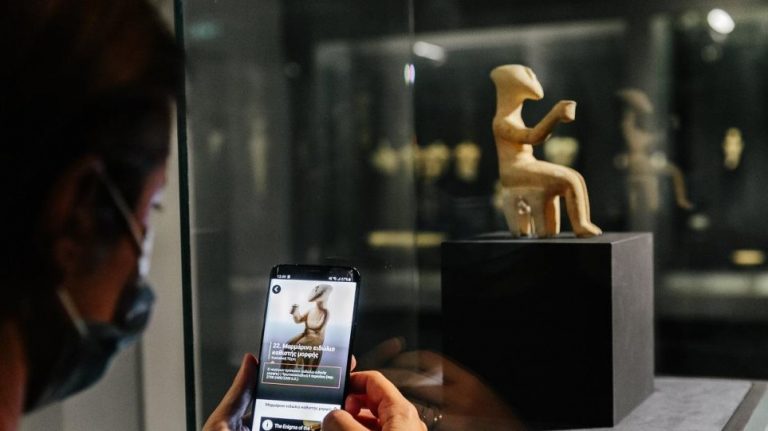Ancient gut bacteria unearthed in medieval latrines could provide important clues about the gastrointestinal health of present-day populations, scientists believe.
Their findings, published in the journal Philosophical Transactions of the Royal Society B, are based on an analysis of the sediments found in 15th-century toilets in Latvia and Jerusalem.
The researchers say their work provides an insight into the gut microbiomes – the ecosystem of bacteria present in the digestive tracts – of pre-industrial agricultural populations.
They believe the findings could also help in understanding more about the health of the gut microbes of present-day humans – as there is “a growing body of evidence” that has linked changes in the microbiome to many diseases such as inflammatory bowel disease, allergies, and obesity.
Record-breaking California wildfires surpass 4 million acres
Biological anthropologist Dr Piers Mitchell, of Cambridge University – who is one of the study authors, said: “If we are to determine what constitutes a healthy microbiome for modern people, we should start looking at the microbiomes of our ancestors who lived before antibiotic use, fast food, and the other trappings of industrialisation.”
The team performed a microscopic analysis of the sediment samples taken from medieval latrines in Riga, Latvia as well as Jerusalem, thought to be from some time between the 14th and 15th centuries.
Read more: PA Media
Ask me anything
Explore related questions





